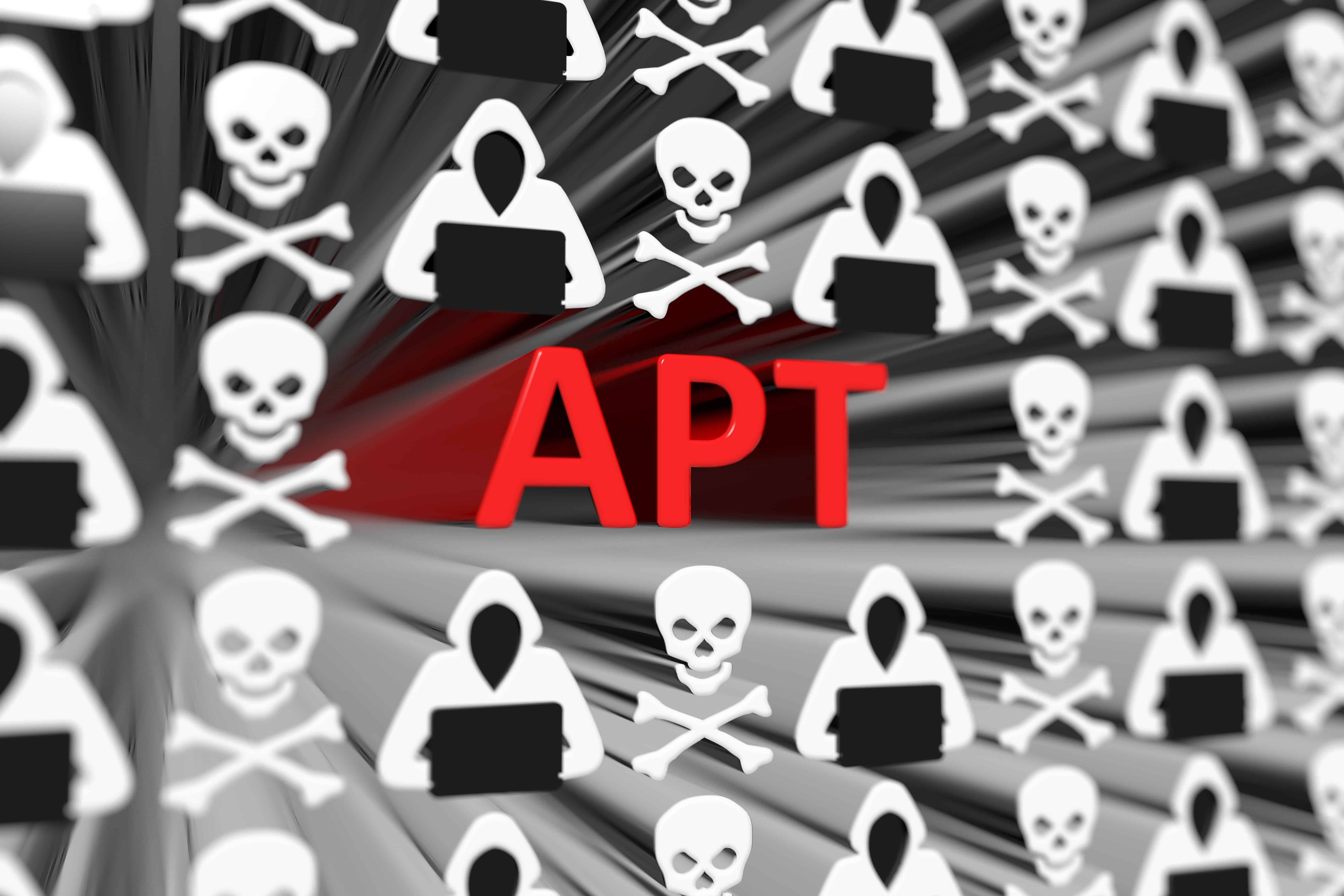Proposed Supplement to NIST 800-171 Addresses Advanced Persistent Threats Targeting Defense Contractors
U.S. defense contractors are being heavily targeted by foreign cybercriminals. An internal Navy cybersecurity audit ordered after a series of successful breaches of Navy contractors revealed an agency in complete cyber chaos “in ways few appreciate, fewer understand, and even fewer know what to do about.”

The majority of federal contractors are required to comply with the strict security controls outlined in NIST 800-171, and defense contractors have an additional requirement of complying with DFARS 800-171. However, the recent spate of advanced persistent threat (APT) attacks against defense contractors by nation-state actors prompted the DoD to reexamine its contractor cybersecurity requirements and ask NIST to develop a set of guidelines specifically addressing APTs. The result was NIST 800-171B, which was released in draft form last month.
What’s in NIST 800-171B?
Like 800-171, NIST 800-171B addresses the handling of Controlled Unclassified Information (CUI). Many types of information routinely handled by federal contractors are classified as CUI, from Social Security numbers and other PII to information related to a weapons system or other high-value assets (HVAs). The latter is the focus of 800-171B. CUI related to an HVA has a higher than normal risk of exposure and is the primary target for APT attacks by foreign cybercriminals, but the basic and derived requirements of 800-171 were not designed with APTs in mind.
An APT is a “long game” cyberattack where hackers remain undetected in a system for a significant duration in the pursuit of a specific goal. Perhaps the most well-known example of an APT is the Stuxnet virus, which infected the Natanz uranium enrichment plant in Iran, slowly, silently, and gradually destroying centrifuges over a long period of time.
The enhanced security requirements in SP 800-171B were derived from and map to the requirements in SP 800-53. They are centered around what NIST has identified as the key elements of defending against APTs, including:
- Developing security requirements specifications with a threat-centric approach
- Implementing logical and physical isolation using system and network segmentation techniques, virtual machines, and containers
- Implementing dual authorization controls for the most critical or sensitive operations
- Limiting persistent storage to isolated enclaves or domains
- Continuous monitoring and protection through an SOC that employs advanced analytics
Additionally, 800-171B recognizes the reality of the modern cyber threat environment. Hackers are relentless; the moment one vulnerability is shored up, they find another to exploit. Defense contractors, and all other organizations, must accept that no defenses are foolproof; despite taking every possible precaution, they will eventually be breached. In light of this, 800-171B instructs defense contractors to implement “safeguards and countermeasures to confuse, deceive, mislead, and impede the adversary,” such as misleading hackers in such a way that they question the authenticity of the information they are attempting to steal.
Defense contractors will implement the 800-171B requirements in addition to, not in place of, NIST 800-171. NIST notes that only a small percentage of defense contractors will be required to comply with 800-171B, and even then, the enhancements will apply only to systems that handle CUI associated with HVAs. However, the recommendations in 800-171B could be applied on a voluntary basis by private-sector organizations that wish to take advanced security precautions to protect their high-value digital assets.
NIST is accepting public comments on SP 800-171B through July 19, 2019.
The cybersecurity experts at Lazarus Alliance have deep knowledge of the cybersecurity field, are continually monitoring the latest information security threats, and are committed to protecting organizations of all sizes from security breaches. Our full-service risk assessment services and Continuum GRC RegTech software will help protect your organization from data breaches, ransomware attacks, and other cyber threats.
Lazarus Alliance is proactive cybersecurity®. Call 1-888-896-7580 to discuss your organization’s cybersecurity needs and find out how we can help your organization adhere to cybersecurity regulations, maintain compliance, and secure your systems.




Related Posts